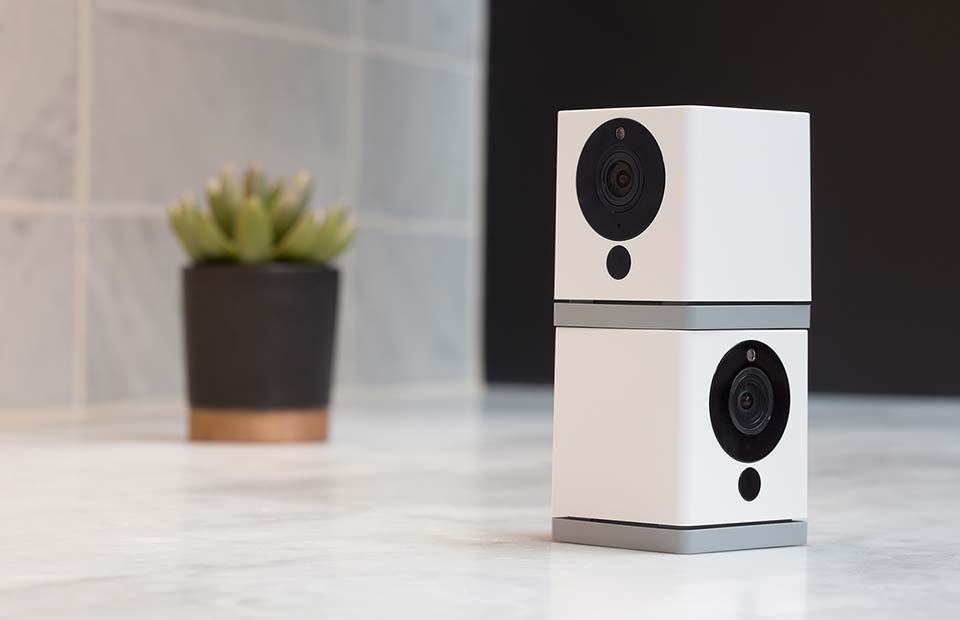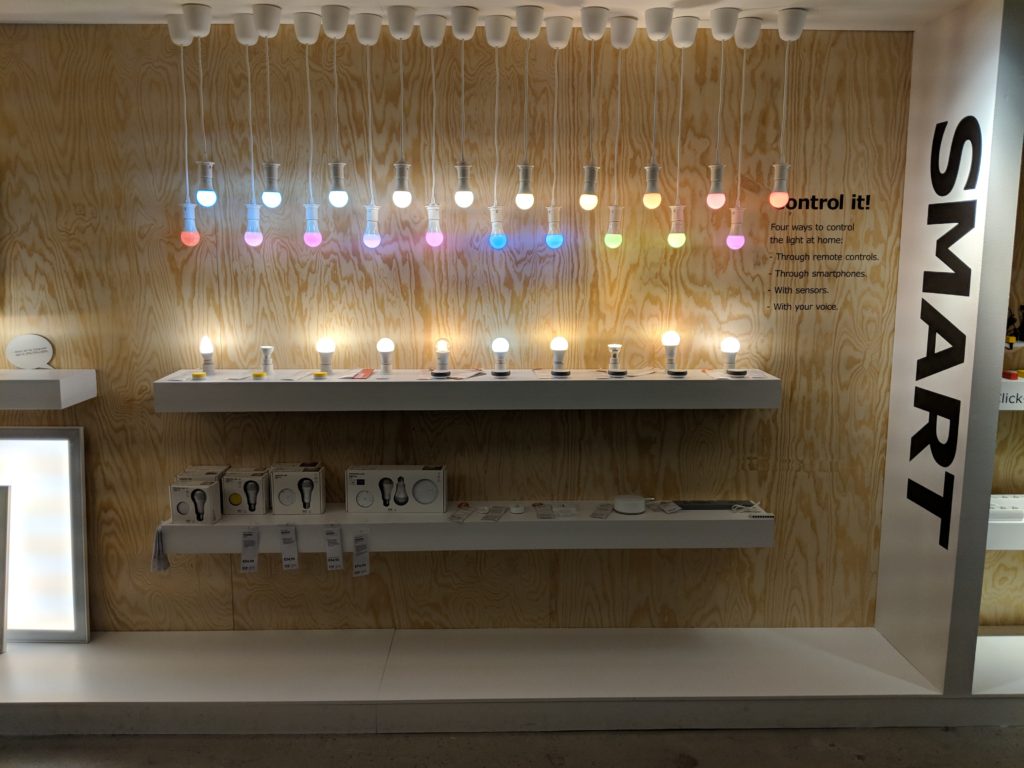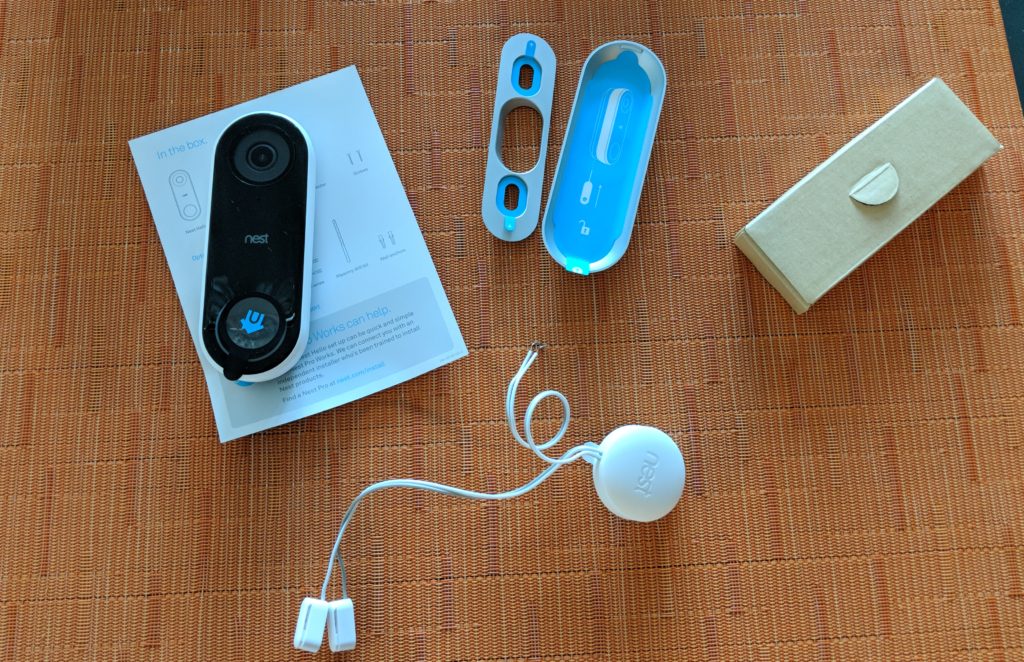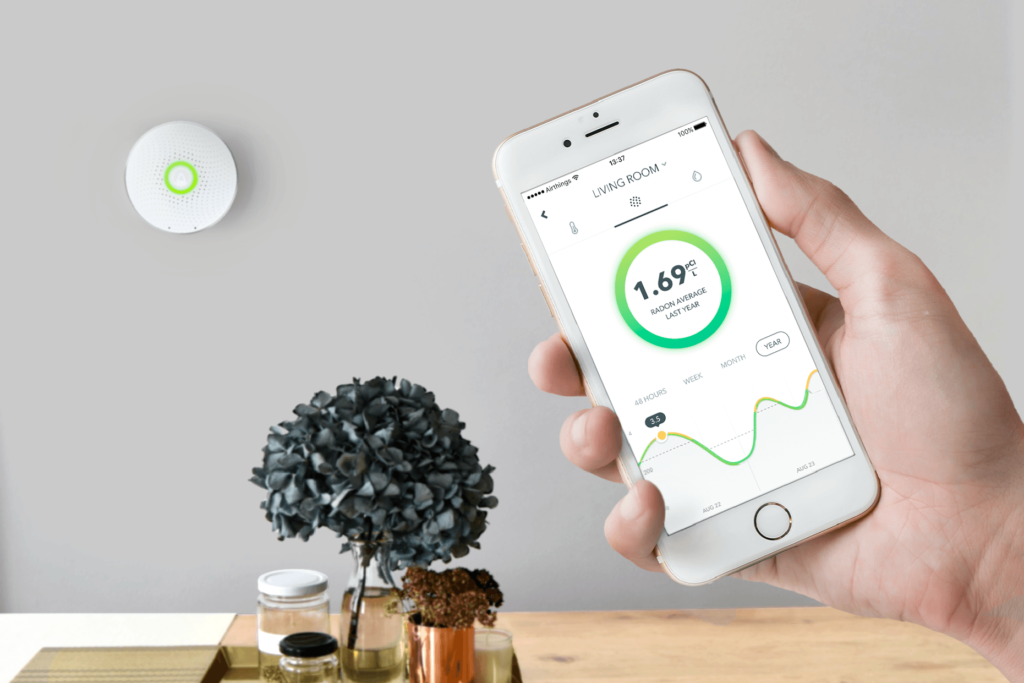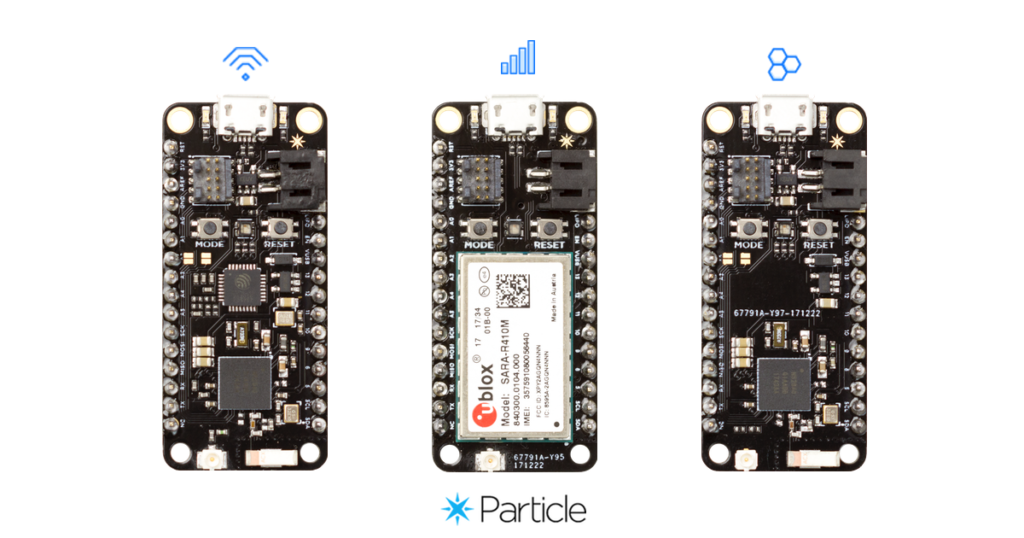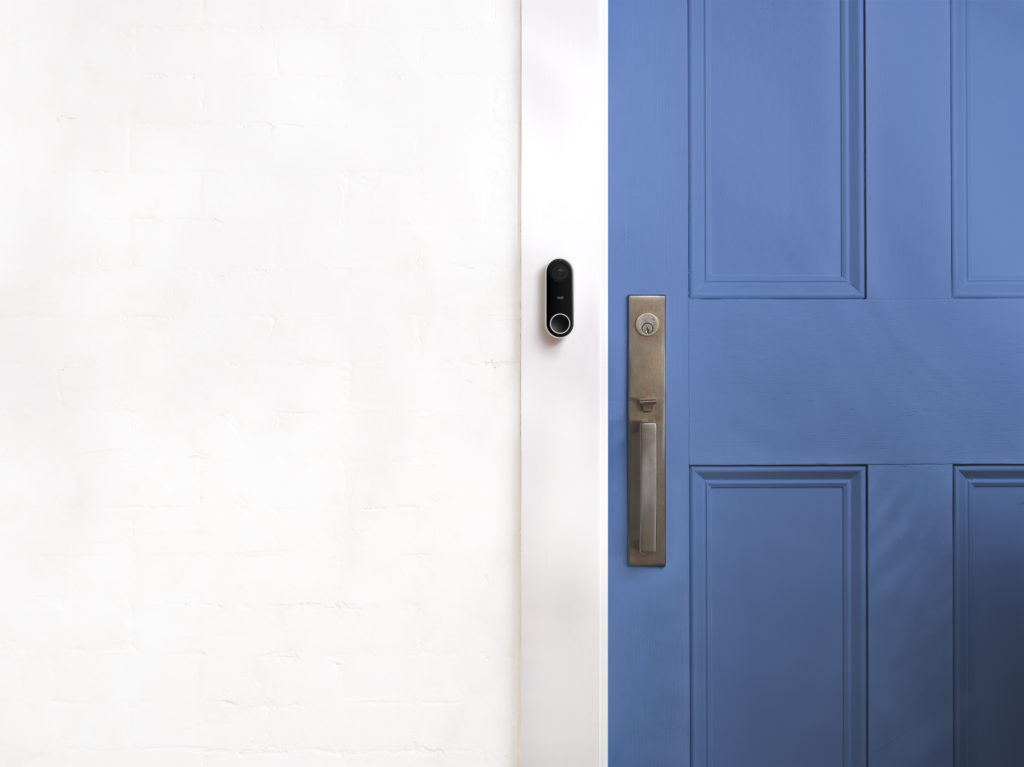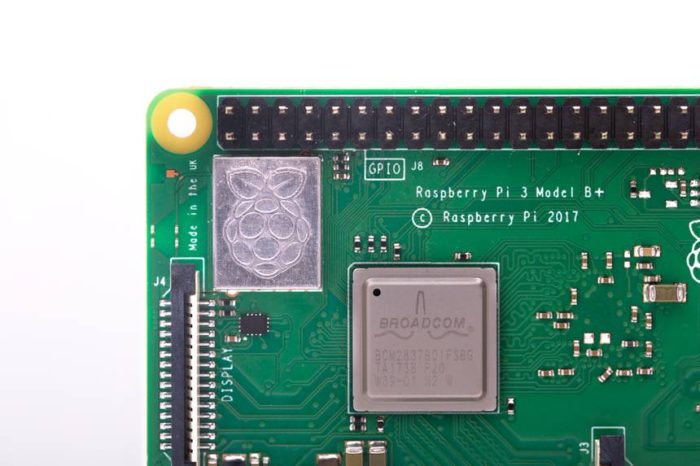This week in Germany, the IFA trade show is the place to be. Unfortunately Kevin and I aren’t there, but we share a lot of the news that came out from the first half of the show. This includes smart speakers at the high end and lower end, crazy connected kitchen tech and a HomeKit enabled air quality monitor. From there we discuss $50 million in funding for Puls and Kevin’s experience with the Philips Hue Outdoor Lights. We also talk about some disappointing experiences with various updates of our products, from latency to services breaking. After that we answer a question about what to give a student leaving for the dorms. I will confess that I forgot to recommend a Tile, but we did recommend this (affiliate link).
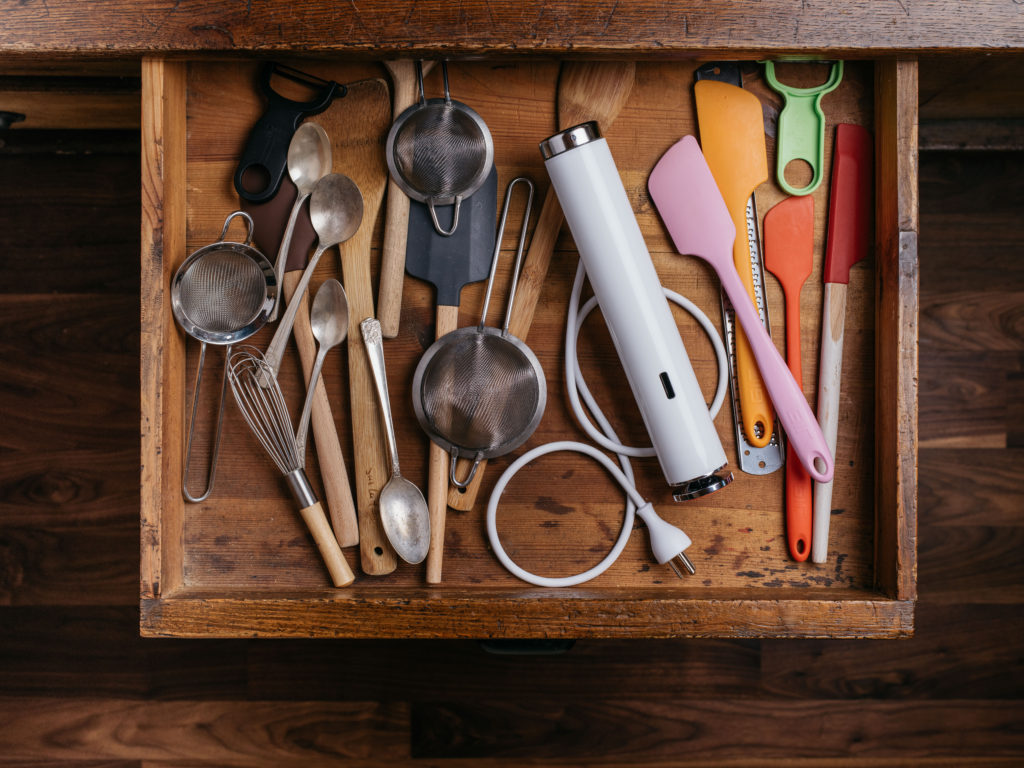
Our guest this week is Chris Young, the CEO of ChefSteps, which operates a recipe site and makes the Joule sous vide cooker. We talk about why the Joule doesn’t have any external controls, and what happens if the company goes bust, as well as why ChefSteps doesn’t plan to license Joule’s tech to other appliance companies. He claims to have the Best Sous Vide Machine and I was fascinated by how it works. It’s certainly a machine I would recommend. He also shares a recipe that will change your perception of beef. Enjoy the show.
Hosts: Stacey Higginbotham and Kevin Tofel
Guest: Chris Young, CEO of ChefSteps
Sponsor: Afero
- All about IFA
- When updates go wrong, or take too long
- Gifts for college-bound kids for $50 or less
- What is sous vide?
- Putting the power of a nuclear reactor into your stock pot
Podcast: Play in new window | Download | Embed
Subscribe: RSS

